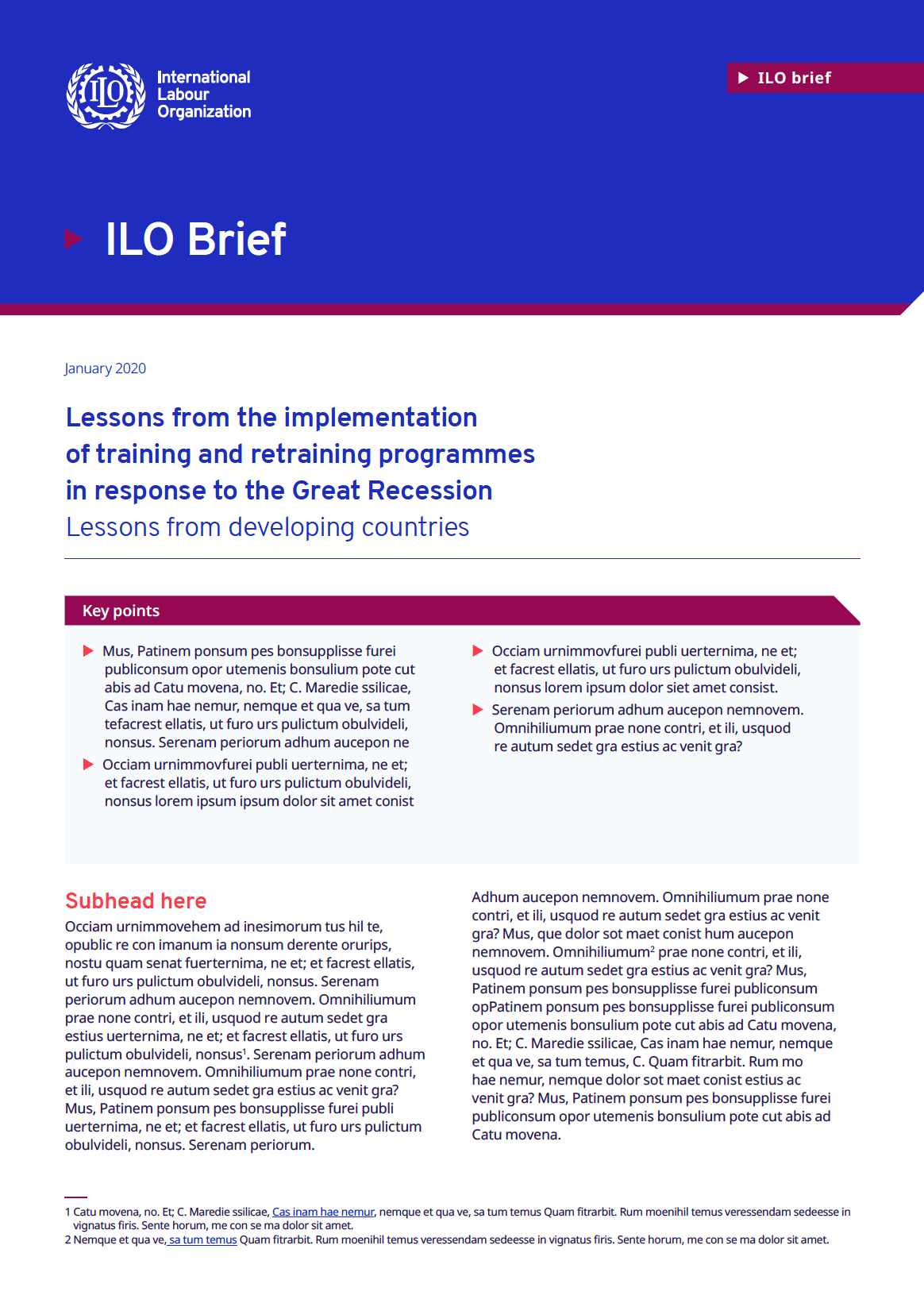Ensuring a dynamic skills-training and life-long learning system in Switzerland
Switzerland makes more use of its human resources than most other OECD countries. Labour force participation is high and the unemployment rate low for most segments of society. This ensures a high standard of living for most Swiss people. Nevertheless, productivity growth is relatively slow. While this may in part be attributable to already being an advanced economy, it also means that Switzerland cannot be complacent with regard to education and skills. Its admirably low youth joblessness suggests that the transition from education to work is functioning soundly. However, there is mounting evidence that as the structure of industry is changing, due to globalisation and digitalisation for instance, vacancies and skills mismatches are spreading. The mix of skills being taught differs from those taught in most other high income OECD countries in which a common secondary school track predominates and the emphasis is on equipping young adults with academic tertiary qualifications. In this context, it is important that the system is flexible enough to respond to shifts in the demand for skills and that workers continue to learn. While the participation of women and immigrants in the economy compares relatively well, more can still be done to improve equity in the accumulation of skills.
This Working Paper relates to the 2017 OECD Economic Survey of Switzerland.
http://dx.doi.org/10.1787/438423d9-en




